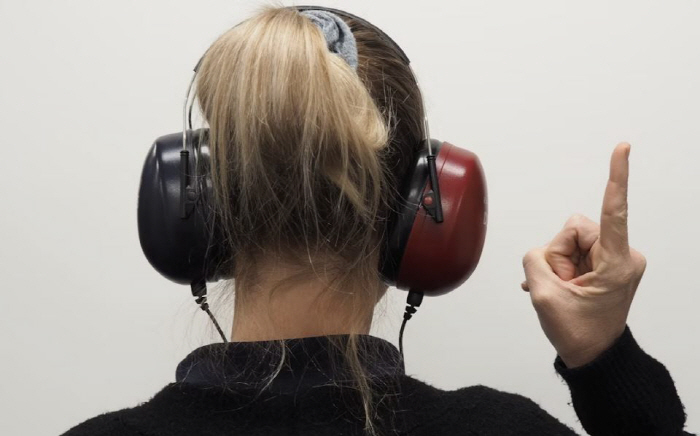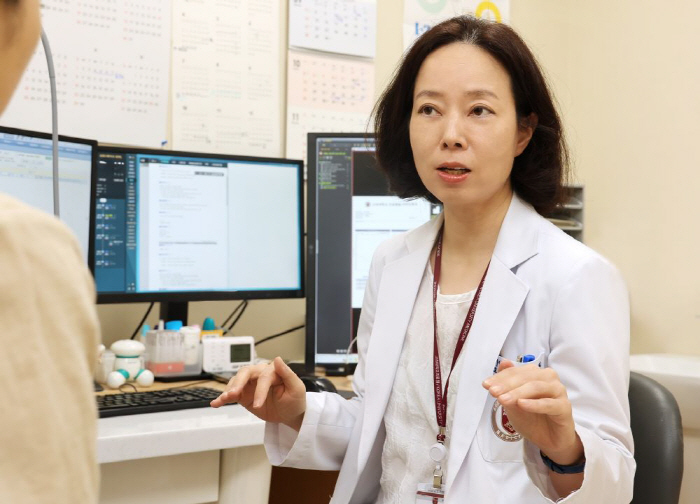Children's Hearing Health 136, if you follow the rules...
Aug 29, 2025
|
Innate hearing loss is a common disease that occurs in about 5 out of 1,000 newborns, but it is difficult for even parents to know that children cannot hear it unless it is detected early. In fact, if they have not been screened, the average time parents visit the hospital because they are aware of hearing loss is 30 months old, and if they miss this period, it can seriously affect the overall growth of the child afterwards, such as language development and sociality.
For this reason, developed countries adhere to the so-called "1-3-6 principle". This criterion, which refers to auditory screening within 1 month of age, confirmatory tests within 3 months, and auditory rehabilitation within 6 months, has become an international standard for early intervention of congenital hearing loss. In addition, some countries are actively involved in the diagnosis and rehabilitation of children who have been confirmed or retested through national databases.
In Korea, the newborn auditory screening test has been included as a health insurance benefit item since 2018, and all newborns can be tested within a month of age. Neonatal auditory screening is usually performed simply in hospitals through automatic auditory brain stem response tests (AABR) or diacoustic radiation tests (OAE). If abnormal findings are found in this process, a detailed hearing test (confirmation test) is used to diagnose actual hearing loss.
If the hearing screening test comes out as a re-examination, the hearing confirmation test should be conducted with active interest, and if hearing loss is confirmed after the hearing confirmation test, customized hearing rehabilitation such as wearing hearing aids, artificial wows transplantation, and speech therapy will be performed. If you miss the time of rehabilitation, the effectiveness of treatment will be greatly reduced, so it is important to quickly proceed with screening-confirmed-rehabilitation according to the principle of 1-3-6. In addition, even if the hearing screening test shows normal hearing, there is a high possibility of mild hearing loss, progressive hearing loss, and delayed hearing loss in the high-risk group, so periodic treatment and examination are required before school age.
Professor Jang Ji-won of otolaryngology department who is in charge of 'Project to Support Newborn Deafness Test Fees and Infant Hearing Aid Support' entrusted by the Ministry of Health and Welfare at Korea University Anam Hospital explained, "'The language development and quality of life of children with hearing loss can be protected only when they are systematically followed by confirmation tests and rehabilitation after screening tests.'"
|
This article was translated by Naver AI translator.















